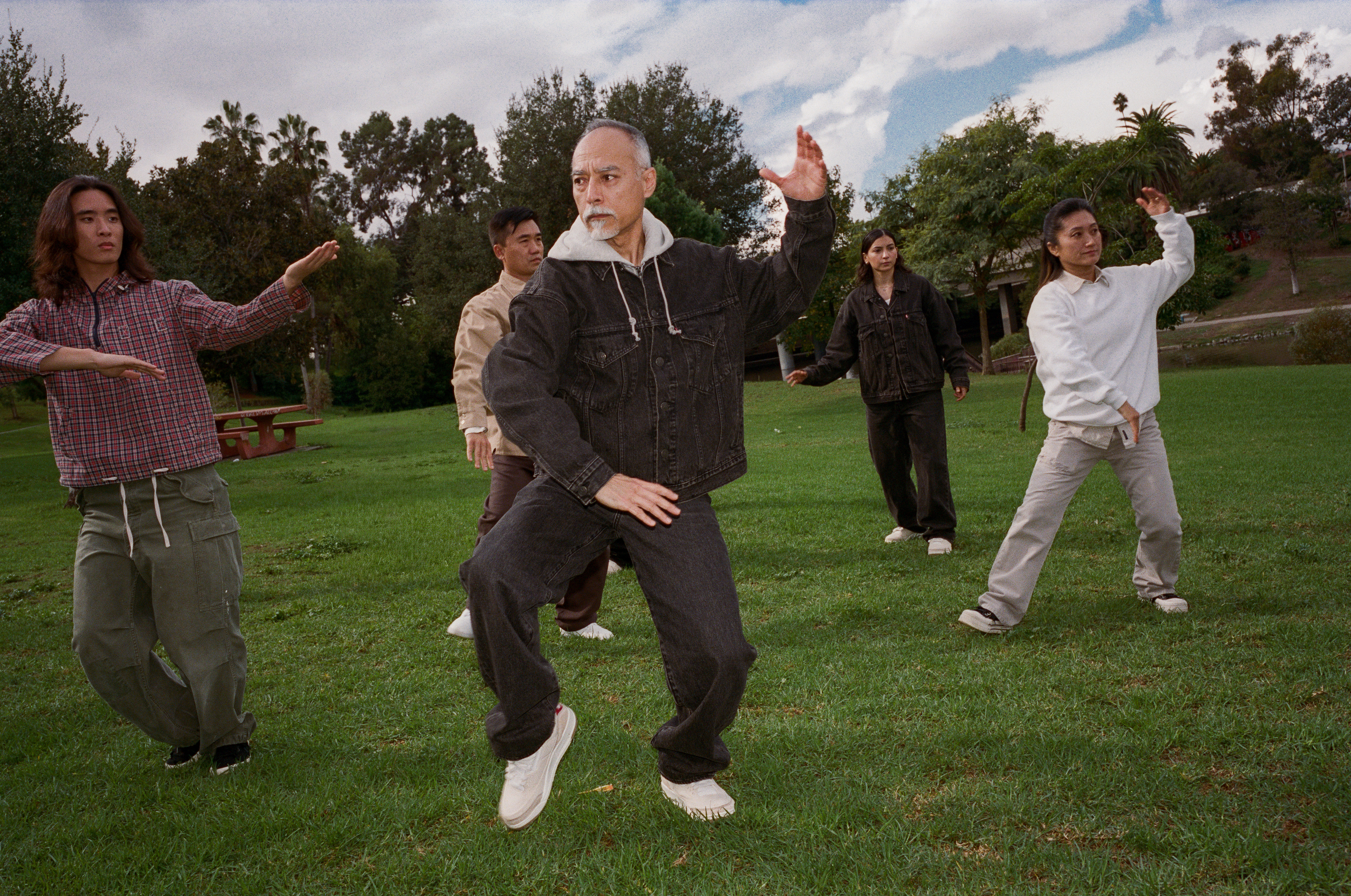B-Side China is a podcast monitoring the flip side of cultural stories in the PRC, initiated by Josh Feola for RADII.
Looking back on RADII’s last year of coverage, and my last decade of paying close attention to how music from China has made inroads overseas, it seems clear that 2018 was a big year of international crossover. On the mainstream level, Kris Wu briefly (and controversially) dominated US iTunes charts with the release of his debut album Antares last month. Sichuan rap crew Higher Brothers played in front of huge audiences across North America, and had their signature track “Made in China” featured in the end credits of HBO’s Silicon Valley.
Leading music industry conference South by Southwest held its first-ever official China showcase, featuring underground artists like techno producer Shao — who also became the first Chinese artist to release an album on Berlin label Tresor this year — and Xi’an post-punk band FAZI, who were also included in a China-focused event at The Broad museum in Los Angeles.
On this episode of the podcast I take stock of overseas milestones achieved by Chinese artists operating at both the mainstream and underground levels in 2018. The audio was recorded from a talk on the subject I gave at Shanghai space Subland, which was followed by a debate with German music critic Fabian Peltsch, who asks important questions such as: Why should it matter to Chinese artists to “go global”? When we say “global,” how do we distinguish between “the West” and other parts of the world, such as Southeast Asia and Africa, where China is actively seeking to build influence through large-scale projects such as the Belt and Road Initiative?
Most importantly, are we stuck with Kris Wu as the go-to artist to represent Chinese music on international charts?
—
Find B-Side China on iTunes or Stitcher (or here), and more RADII podcasts here.
Cover photo: FAZI at The Broad Museum, Los Angeles
Opening track: “Reflection Pt.1” by Shao; Closing track: “Climb Another Mountain” by Dirty Fingers
You might also like:
 Recap: Disparate Artists from the Chinese Underground Surface at LA’s Broad MuseumArticle Sep 01, 2018
Recap: Disparate Artists from the Chinese Underground Surface at LA’s Broad MuseumArticle Sep 01, 2018
 Higher Brothers Unveil Remix by EDM DJ, Prepare to Board Luxury CruiseArticle Apr 12, 2018
Higher Brothers Unveil Remix by EDM DJ, Prepare to Board Luxury CruiseArticle Apr 12, 2018
 Yin: Gripping Techno Thriller from Beijing Producer ShaoArticle Oct 25, 2018
Yin: Gripping Techno Thriller from Beijing Producer ShaoArticle Oct 25, 2018


















